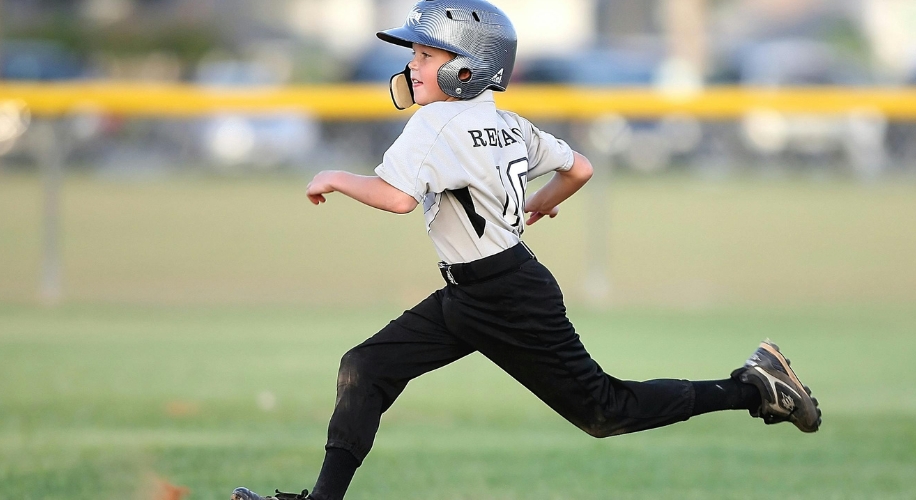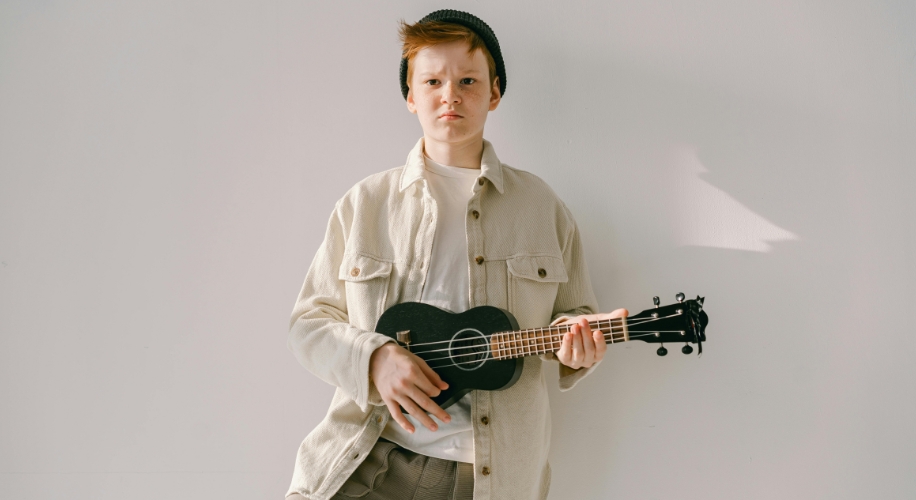Wearing Contacts: What Age is Right for Kids?
Choosing when your child can start wearing contact lenses is an important decision that involves considering both their maturity level and their ability to handle the responsibilities of wearing and caring for contacts.
Photo by Pixabay
Age Considerations
The American Academy of Ophthalmology suggests that most children are ready for contact lenses around the age of 12. However, this is not a strict rule and each child’s readiness should be evaluated individually.
Maturity and Responsibility
Beyond age, maturity is a crucial factor in determining if a child is ready for contact lenses. They need to understand the importance of proper hygiene, following care instructions, and recognizing when they need to replace their lenses.
Eye Health
Before transitioning to contact lenses, it’s essential that your child’s eyes are healthy and free of any conditions that could be exacerbated by wearing contacts. An eye exam with an optometrist can help determine if glasses or contacts are a better option.
Photo by RDNE Stock project
Prescription Stability
Children’s eyes can change rapidly, so it’s important that their prescription has stabilized before switching to contacts. Generally, this occurs around the early teenage years, but it varies from child to child.
Lifestyle and Activities
Contact lenses can be a great option for children who are involved in sports or other activities where glasses might be cumbersome or restrictive. They provide better peripheral vision and don’t fog up or get splattered during activities.
Parental Guidance and Support
Parents play a crucial role in ensuring their child’s success with contact lenses. They should be involved in the decision-making process and provide ongoing support and guidance as their child learns to manage their contacts independently.
Photo by Mikhail Nilov
Conclusion
Deciding when your child can start wearing contact lenses involves considering their age, maturity, eye health, and lifestyle. Consult with an optometrist to determine if your child should stay in glasses or is ready to wear contacts, and ensure they receive proper instruction and supervision as they begin this new phase of eyecare. By making an informed decision together with your child and their eye care provider, you can help ensure a positive experience with contact lenses that supports their vision and lifestyle.




